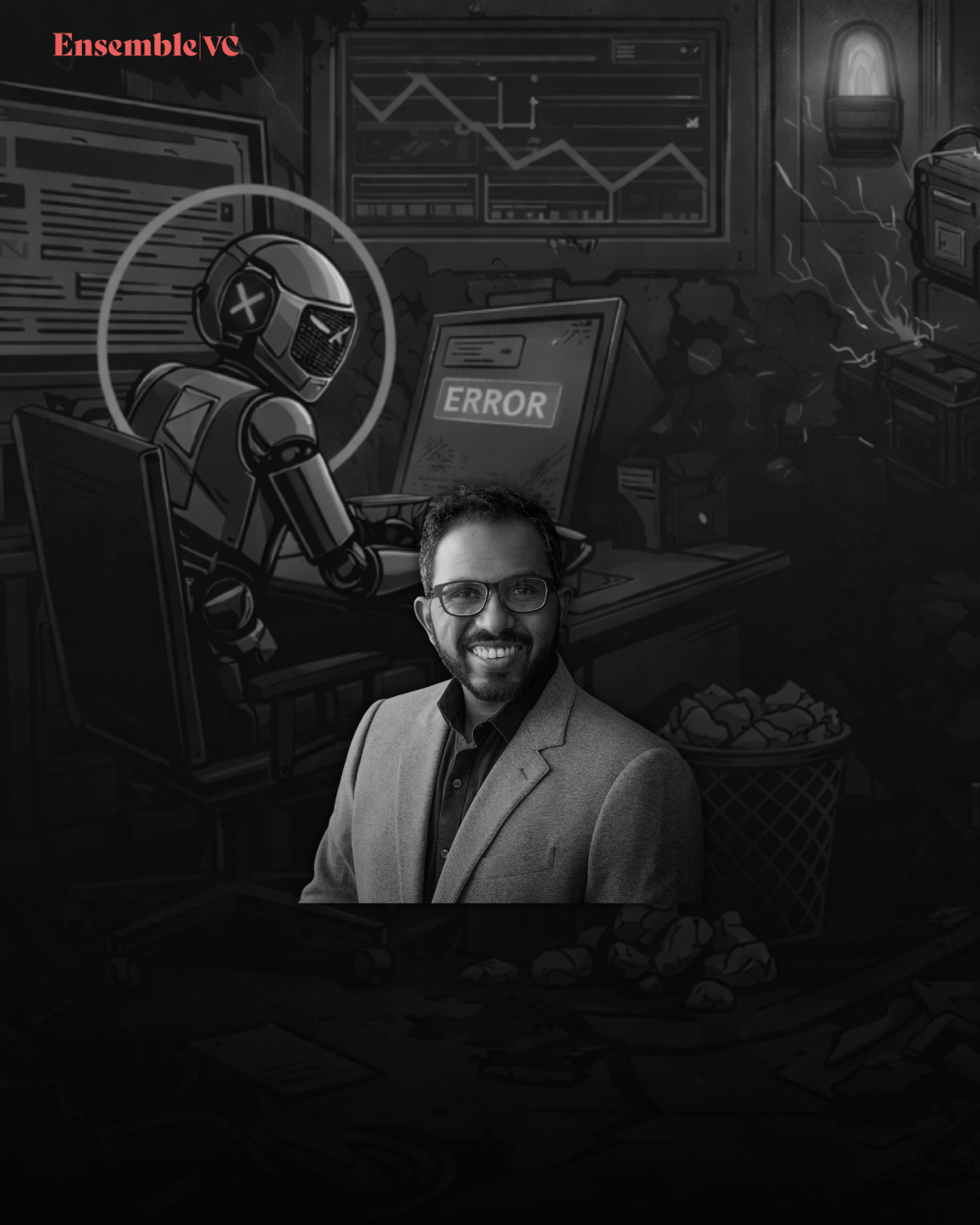
By Collin West
At my prior fund, we invested in the Series B of Sidecar Health with Alex Lazarow at Cathay Innovation. Now, only six months later, they announced a $125 million raise at a $1 billion valuation. Our original investment thesis can be found here: How to Save $1 Trillion in Healthcare.
Since the fundraise, the Sidecar Health team has been busy turning their vision into a reality. We sat down with Patrick Quigley, Sidecar Health CEO, to get an update on the recently-minted unicorn.
A Change in Philosophy
Their team is motivated by a singular mission: to make healthcare affordable and accessible for everyone in the United States. This one idea drives all their major decisions.
“We are creating a new way to purchase healthcare. We give people the information they need to make purchasing decisions, like they have access to in every other market,” stated Patrick. “This is not some niche product. This is an entirely new philosophical approach to the U.S. healthcare system.”
Another Sidecar Health investor Alex Lazarow, Partner at Cathay Innovation, agrees: “Sidecar Health is not about incremental improvement to the health insurance market. It is about fundamentally rethinking how it is structured, shifting the underlying incentives and how healthcare is paid for. They are a strong example of an emerging cadre of startups that combine business model and technological shifts to drive greater access and better delivery of high impact products and services."
When we first spoke to Sidecar Health, they had internal benchmarks that they wanted to hit. They were eager to get the results and see if consumers would save money compared to the way that care and payments are handled today.
“After looking at the claims data from thousands of users, we see that price transparency reduces the cost of care. In many cases, the savings exceed 30%,” shared Patrick. This savings allows Sidecar Health to offer better coverage for a lower price, which is great for patients. This also makes it difficult for other insurers to compete on price.
These findings are particularly exciting because they confirm the research from Vanderbilt professor and economist Larry Van Horn, who is an advisor to the company.
How are Healthcare Providers Responding?
The Sidecar product offering is clearly working for consumers – but what about healthcare providers? Since introducing their upfront cash model, most healthcare providers have been enthusiastic supporters.
“Providers want to get paid quickly and the providers themselves set the cash price, not Sidecar Health. This is an important distinction,” said Patrick. “Providers can set prices wherever they want, and decide how they want to balance business levels and profitability. Their patients – now consumers – can shop with total confidence knowing exactly what services and procedures will cost.”
Unlike reference-based pricing models, Sidecar Health pays immediately when members use their payment card. Sidecar Health members can choose any provider, and are responsible for the shortfall (if any) between the benefit amount and the provider charge. In cases when the benefit amount exceeds the provider’s price, which happens frequently, Sidecar Health members keep the difference.
Their approach has been incredibly successful. In January 2021, Sidecar Health announced they recently joined the Unicorn Club due to the success of their product offerings. This capital will be used to fuel their expansion into new markets. “Our early membership has proven this model. Now we are taking the company to the next level. This round of financing is really about scaling our mission to make healthcare more affordable for everyone.”
Dear VC Partner: Your Firm is Falling Critically Behind. And It's Probably Because of You
In this article, Dr. Gopinath Sundaramurthy argues that while venture capital firms are aggressively funding AI platforms, most have failed to adopt AI meaningfully within their own organizations. Drawing on Ensemble VC’s decade of experience building an AI-native investment platform, the paper explains why superficial AI usage—tools, pilots, and isolated workflows—does not translate into durable competitive advantage.
IPO Alert: Groww goes public!
Ensemble-backed Groww goes public on NSE-India at $8.9B valuation Groww, one of Ensemble VC’s earliest data-driven investments, completed a successful IPO on the NSE, marking a major milestone for India’s retail investing market. Backed at the Series A pre-revenue, Groww exemplifies Ensemble’s strategy in action — identifying world-class teams early through its proprietary Unity platform.
Collin West to headline AlphaCore Wealth Summit 2025 in La Jolla
We’re heading to La Jolla for the 2025 AlphaCore Wealth Advisory Summit!In one week, our team will be on the ground at the AlphaCore Wealth Summit, one of the industry’s most forward-looking gatherings for wealth managers, allocators, and innovators. This year’s theme — Back to the Future — sets the stage for a conversation about how artificial intelligence and emerging technologies are reshaping wealth creation and capital deployment. If you’ll be there, we’d love to connect in person.
Why Ensemble is Backing Stablecore’s Mission to Bring Community Banks into the Stablecoin Future
Ensemble is thrilled to announce our investment in Stablecore, the infrastructure platform enabling banks and credit unions to offer stablecoins, tokenized deposits, and other digital asset services.
Gopi's Manifesto
In this excerpt from Ensemble’s Mid-Year Investor Letter 2025, Gopi Sundaramurthy, Founder and Head of Data Science, outlines a new model for investment firms in the age of AI. As one of the preeminent data scientists in venture capital, Gopi’s perspective is informed by over a decade of building data models for investors.



